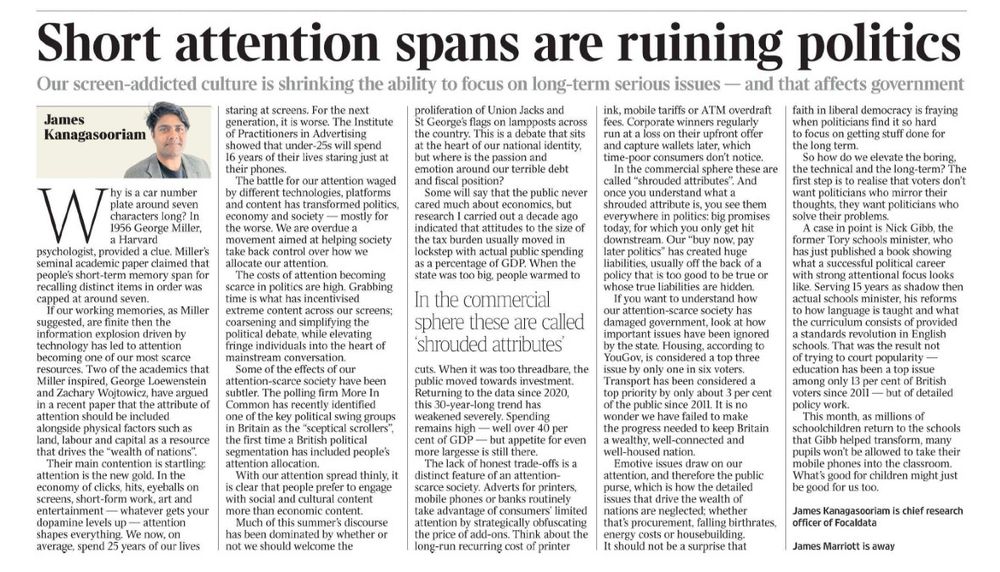James Kanagasooriam
@jameskanag.bsky.social
4.8K followers
160 following
76 posts
Pollster. Chief Research Officer of @focaldata.bsky.social and Honorary Professor @UofGlasgow.bsky.social
Posts
Media
Videos
Starter Packs
Reposted by James Kanagasooriam
Reposted by James Kanagasooriam









